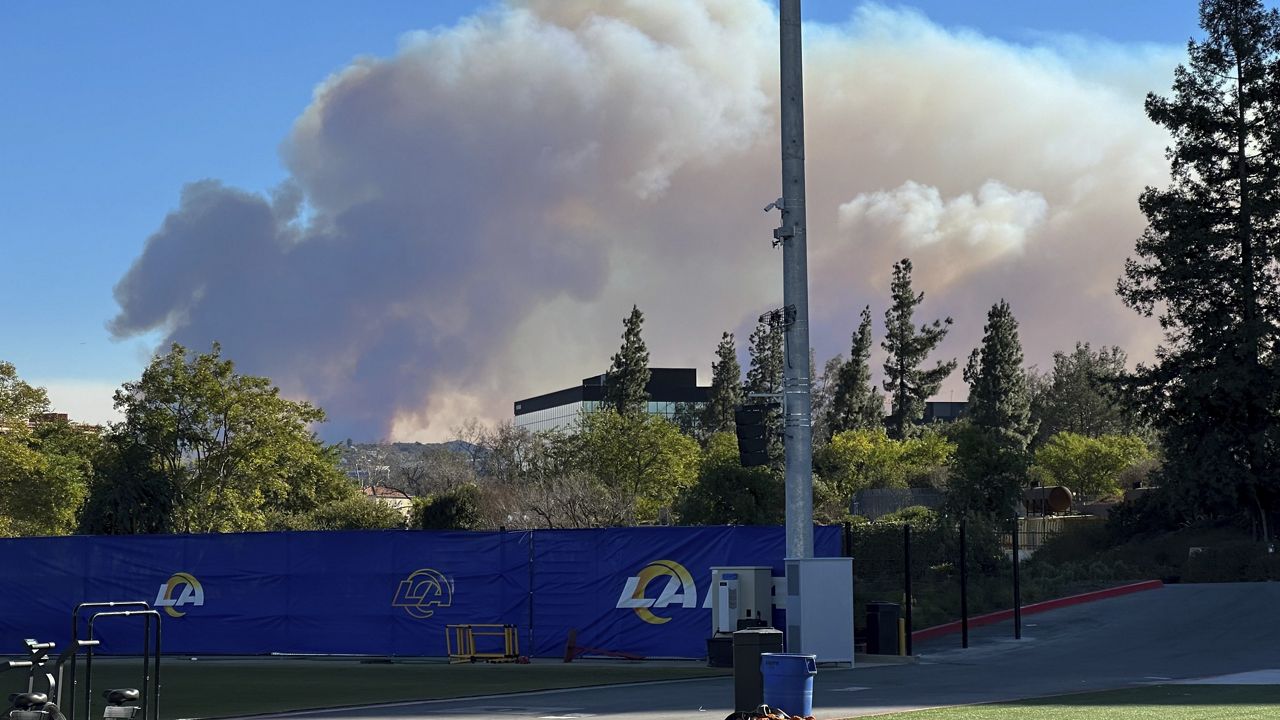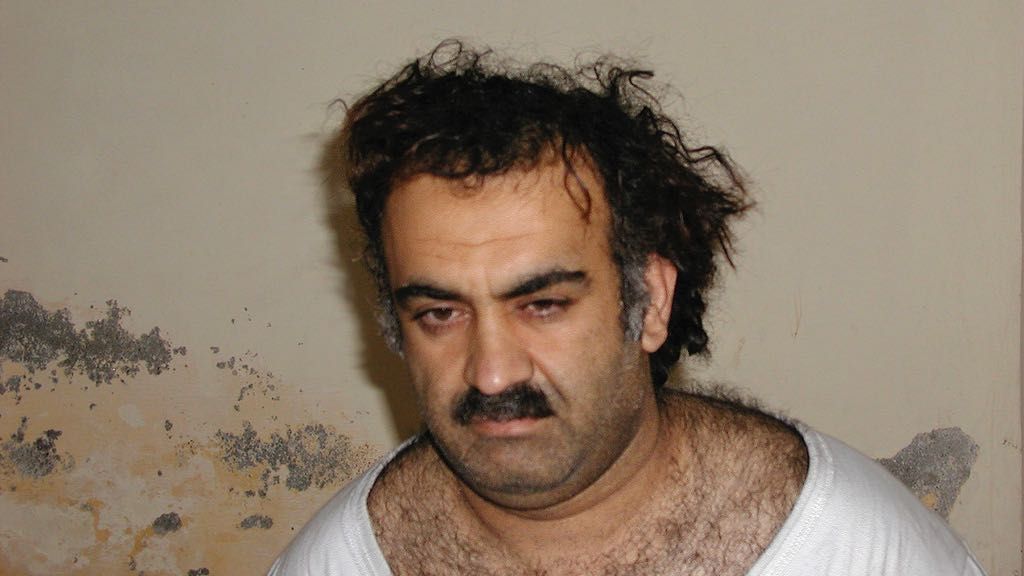PRINCETON, Ky. — For nearly a century, the University of Kentucky Research and Education Center (UKREC), located just over 1.5 miles from Princeton has been a top-notch resource for Western Kentucky farmers.
However, on Dec. 10, 2021 the center was hit by the historic EF-4 tornado. Now, the focus is on salvaging data and research and thinking about how to move forward after this devastating loss.
In a matter of minutes, the EF-4 tornado on Dec. 10, 2021 destroyed Western Kentucky farms’ go-to resource for education and research within the agricultural industry. With classes offered and research findings shared, such as information no-till research projects, agronomics, beef management, and soil fertility and grain marketing, among other topics, the destruction is a huge loss for Western Kentucky farmers.
Around 7 a.m. every morning, Charles Phelps gets to work on his family farm in Princeton.
The 61-year-old’s great grandfather bought the farm in 1938, which is located just over three miles from UKREC.
“It went from my great granddaddy, to my granddaddy, to my daddy, to me, and I’ve added this farm and there’s more acreage over there to it to get about 360 acres I could take it about 360 acres off the original 300 acres,” Phelps told Spectrum News 1.
The cattle on Phelps’ farm reproduce by artificial insemination (AI), which is something Phelps didn’t know how to do until he took a class at UKREC.
“I mean that’s big to farmers because [UKREC] are the ones that does all the research on chemicals, types of seed to use,” Phelps explained.
“They have interactive classes, you know, where farmers like me that want to learn about AI and cattle, they want to learn about vaccination programs of cattle,” Phelps said. “So we’re looking at thousands of farmers that use this facility, and it’s gone. So it’s gotta be brought back for us to because there’s so many jobs associated with it.”
Dr. Chad Lee, director of UKREC’s Grain and Forage Center of Excellence, oversaw the center’s major renovation, which was unveiled in 2019 with a ribbon-cutting ceremony.
“We think about 90% or so of our equipment has been destroyed, as well. A lot of it is specialized. It’s designed differently than maybe what a farmer has, in some regards, and so it’s not equipment that’s easy to get in the best of times, especially difficult to get right now,” he explained.
Even though the majority of UKREC’s buildings were destroyed, Lee said it’s believed most of the research data was recovered.
“We know some people had certain cultures in laboratories. In the building, some of those cultures had been maintained for over 20 years,” Lee told Spectrum News 1.
“We’re hopeful. We had some cold storage systems, and they were OK. Obviously no power to them, but we’re hopeful we got some samples moved over into other cold storage systems quick enough, that we’ll be able to save some of that,” Lee explained.
“I imagine our research footprint will be much smaller in 2022 than it has been for the last 10 years; just because we’re scrambling to find equipment, and trying to figure out how to make things work, as well, in that process,” Lee added.
Despite the devastation from the EF-4 tornado, the center has setup temporary office and storage buildings. Therefore, working for Kentucky’s agricultural community and farmers, like Phelps, continues.
“It’s a big asset to all the farmers. Big time,” Phelps said about UKREC.
So working for Kentucky’s agricultural community and farmers, like Phelps, continues.
“Yeah, that research center, that’s a big loss, and I know that they’ll rebuild back. It’s gonna be tough now for the next couple years for people to interact like they were,” Phelps said.
Phelps said UKREC is still a resource to farmers, like him, though, even if the original building is no longer there.
Fortunately, there was no loss of human life, Lee said. He added it will take at least two years for the center to regain its footing again. Hopefully, in a few years, there will be another ribbon cutting ceremony for the next iteration of UKREC.








